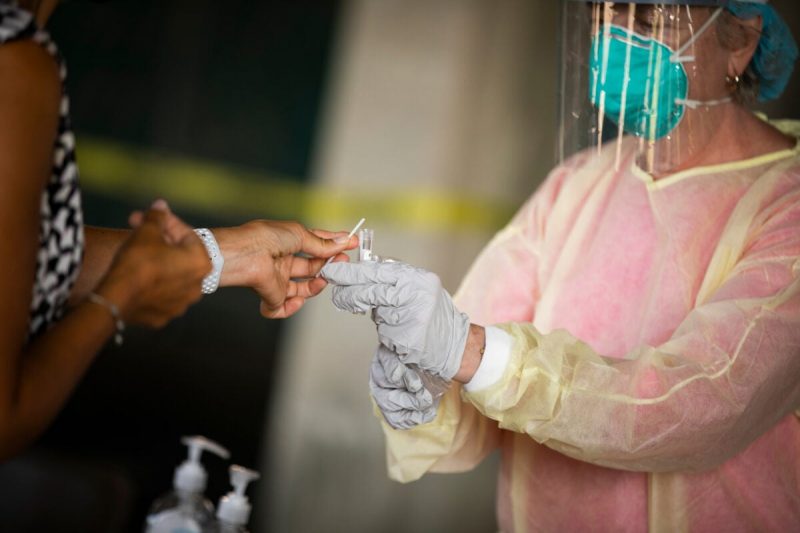The COVID-19 pandemic has placed the entire world in a state of urgency, pushing scientists and researchers to develop a vaccine as quickly as possible. While the race for a vaccine has been unprecedented in its speed and global collaboration, the reality is that the virus has been outpacing these efforts, mutating and spreading rapidly. This dynamic has raised concerns about the effectiveness and long-term impact of the vaccines that have been developed.
One of the main challenges faced in the development of a COVID-19 vaccine is the mutations of the virus itself. The SARS-CoV-2 virus has shown a remarkable ability to adapt and evolve, leading to the emergence of new variants that may have different characteristics, such as increased transmissibility or resistance to existing vaccines. This has raised questions about the efficacy of current vaccines and highlighted the need for ongoing monitoring and adaptation of vaccination strategies.
In addition to the threat posed by viral mutations, there are concerns about the durability of immunity provided by current vaccines. While the vaccines have shown to be highly effective in preventing severe disease and hospitalization, the long-term protection they offer remains uncertain. Studies have suggested that immunity acquired through vaccination may wane over time, necessitating booster doses or updated vaccines to maintain protection against the virus.
Furthermore, the global distribution and administration of vaccines have presented significant challenges, particularly in low- and middle-income countries. Disparities in vaccine access and distribution have widened existing inequalities, leaving vulnerable populations at greater risk of infection and severe outcomes. Ensuring equitable access to vaccines remains a critical issue that requires coordinated efforts from governments, pharmaceutical companies, and international organizations.
Another aspect that has garnered attention is the potential side effects of the vaccines. While the majority of individuals experience mild and transient side effects, such as soreness at the injection site or mild flu-like symptoms, there have been rare cases of more serious adverse events, such as allergic reactions or blood clotting disorders. Monitoring and addressing these side effects are essential to maintain public trust and confidence in vaccines.
In conclusion, while the accelerated development of COVID-19 vaccines has been a remarkable achievement, the evolving nature of the virus and the challenges surrounding vaccine distribution and administration underscore the need for continued vigilance and adaptation. Efforts must be made to monitor viral mutations, maintain vaccine effectiveness, ensure global vaccine access, and address potential side effects to control the spread of the virus and mitigate its impact on public health. Vaccination remains a critical tool in the fight against COVID-19, but it is essential to approach it with caution and careful consideration of the evolving landscape of the pandemic.

